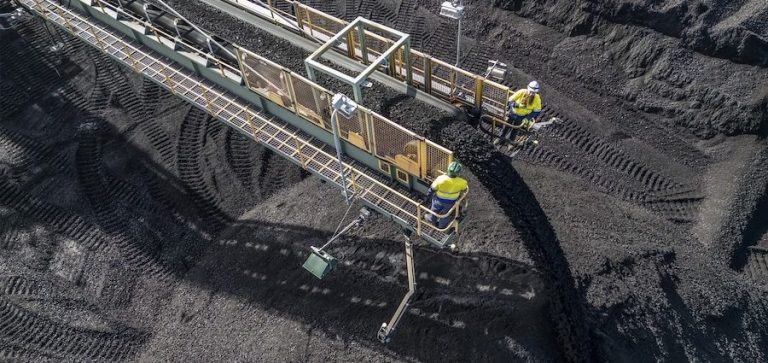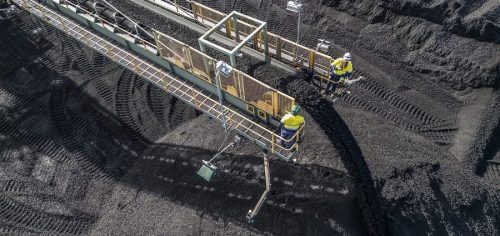The Mining Fund for Future Generations (Fomin), a Congolese public institution with financial and administrative autonomy, collects an average of US$6–7 million per month in royalties from mining operators, according to its Director General, Faustin Biringanine.
Biringanine made the disclosure on September 29, 2025, in response to a report by the NGO African Observatory of Natural Resources (Afrewatch), which accused Fomin of serious mismanagement of public funds.
Revenue and Allocation
Biringanine clarified that around 20% of monthly income is used to cover the institution’s operating expenses, including salaries, office supplies, and rent. The remainder, he said, is intended to support Fomin’s broader mission of ensuring wealth sustainability for the post-mining era.
Afrewatch, however, disputes how these revenues have been managed. Drawing on data from the Extractive Industries Transparency Initiative (EITI), the NGO reported that since its creation, Fomin has accumulated US$461.5 million—but much of it has been redirected to finance government projects unrelated to its core mandate.
Questionable Expenditures
According to Afrewatch, Fomin funds have been used to:
- Acquire a US$25 million stake in the DRC Trading Company.
- Contribute US$100 million to the construction of the Katende hydroelectric dam.
- Allocate US$100 million to support the national war effort.
- Subscribe to US$100 million in treasury bonds issued by the Central Bank of Central Banks.
Fomin’s Mandate
Fomin’s official role is to build material and financial reserves—whether in cash, assets, or other resources—to safeguard the country’s economic future once mining activities decline.
Its goal is to ensure that future generations benefit from today’s resource wealth through sustained research and investment in post-mining development.
The allegations of fund diversion, however, raise concerns about whether the institution is fulfilling its mission—or instead being used as a vehicle for financing the government’s short-term needs.










